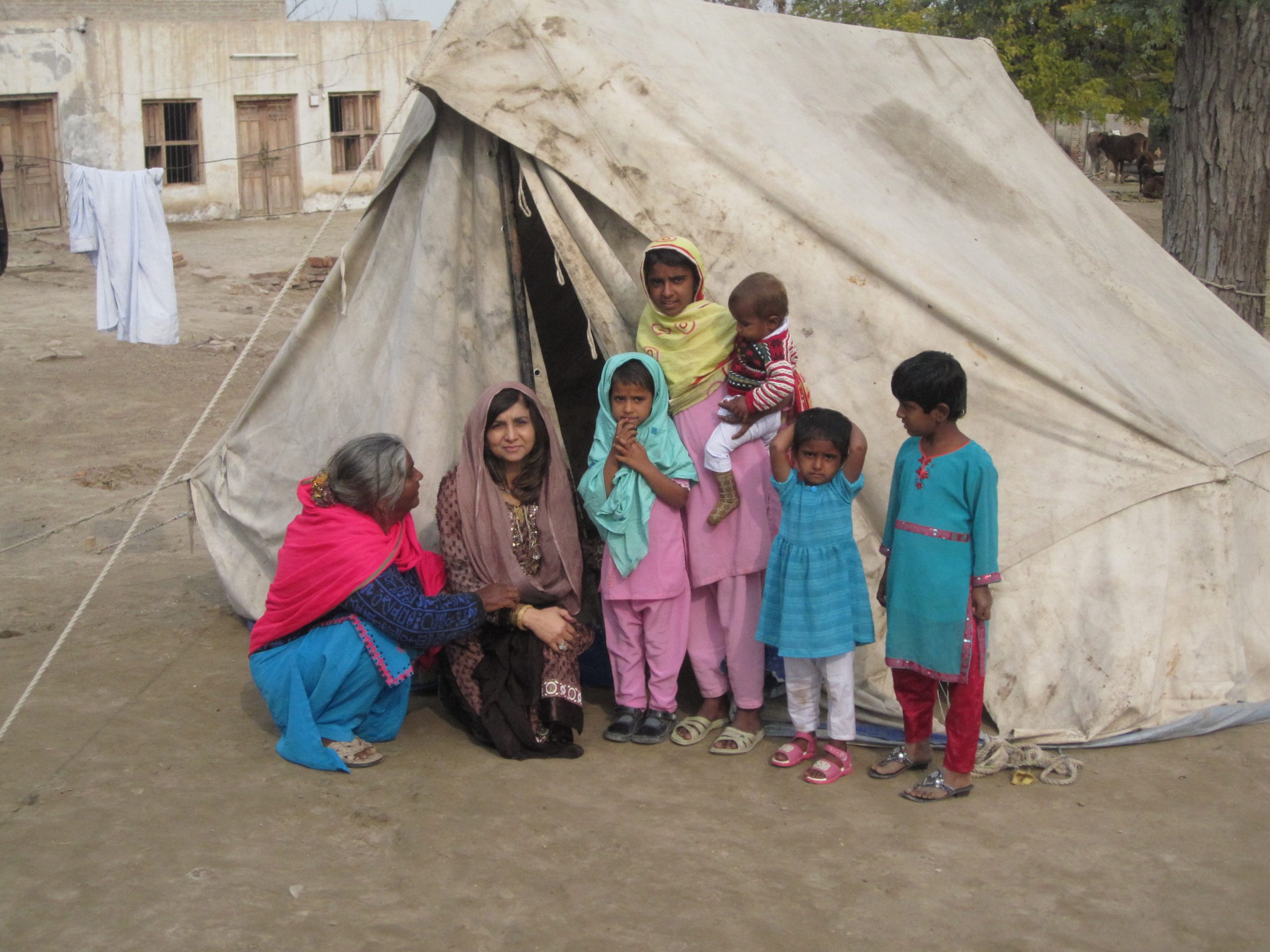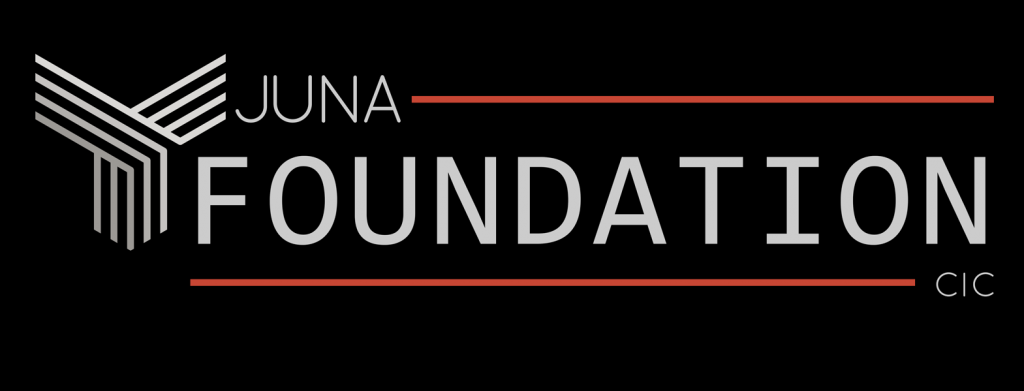Short for kinaesthetic approach, meaning “hands on” with the intention of getting closer to the subject matter in hand.
Building a school / educational facility in Makan Shah, a rural village in Pakistan to
- Increase the quality levels of teaching
- Ensure all children (specifically females) are educated
- Lay foundations for up-skilling adults in the community
A need to build infrastructure:
- Premises: A safe, fit for purpose, premises for a place of learning
- Energy: Implementing a Solar powered energy system
- Internet: Combing cellular, remote and satellite internet technologies to provide a stable internet connection to support learning
- Water: Treating contaminated ground water and storing safe drinking water.
Makan shah: An Overview
An agricultural village in Pakistan located close to the border between the Punjab and Sindh provinces
Population:
12,600 Homes
8,000 people
4,000 children aged 0 – 10 years
2 existing schools
No medical infrastructure or services
Education: Very low quality – Teachers will mostly have little to no formal education or training
Weather: Very hot. Temperatures are often between 37 and 47 degrees Celsius..
Political / Cultural landscape: Not good. The country’s political apparatus is well know for it’s corruption at every level. Remote areas of the country have a tendency to not educate females, who are mainly kept in domestic or labour roles.
Opportunity / Lifestyle: The area is heavily reliant on agriculture, with an emphasis on the production of wheat and cotton. Within the community the female generation have a strong skills base of working with textiles, sewing and creating embroidery.
outcomes
Establish a safe, comfortable premises where teaching can be delivered to both children and adults as needed.
Provide “train the trainer” education for teachers with a view to improving the quality of teaching that they deliver.
Drive an inclusive culture ensuring that all children – specifically girls – are being encouraged to attend school regularly.
The premises should have:
- Reliable and sustainable electricity
- Reliable internet connectivity capable of sustaining a minimum throughput of 3 Mbps
- Clean water suitable for drinking.
possible future phase
Provide the education / up-skilling and infrastructure needed to:
- Diversify local agriculture from wheat and cotton to higher value crops
- Improve the efficiency (e.g. through water irrigation / use of technology) of the farming practices in use in the area



